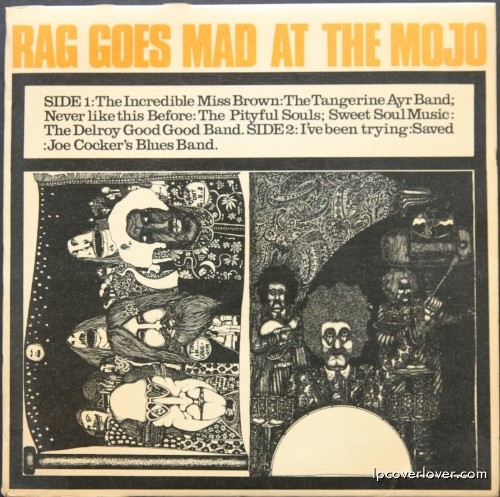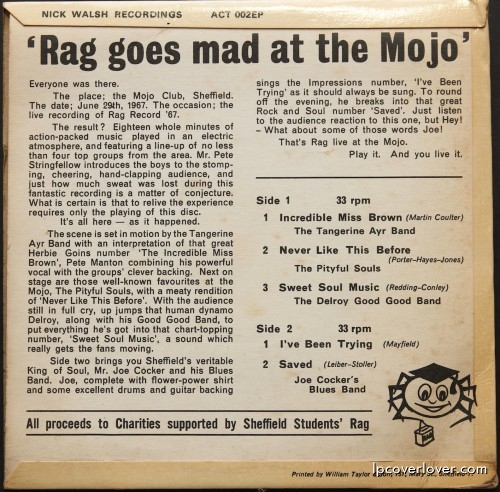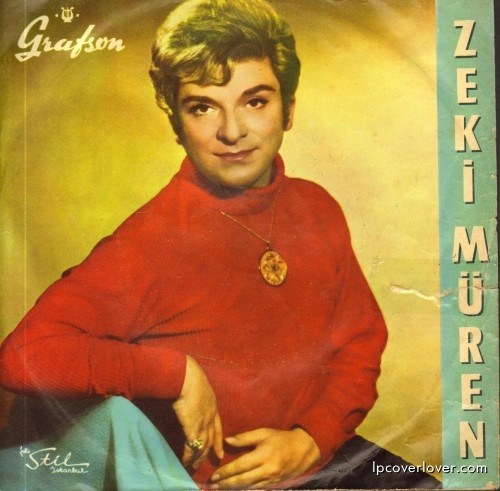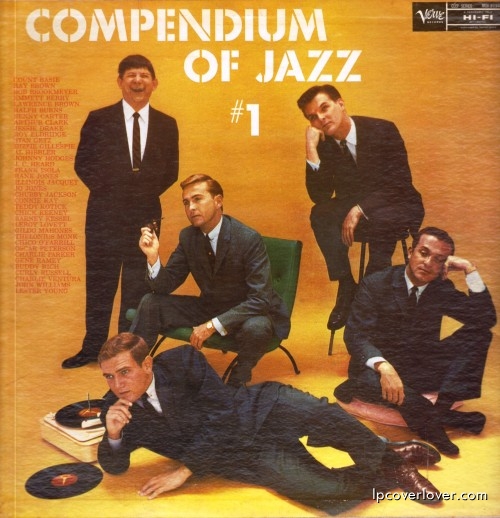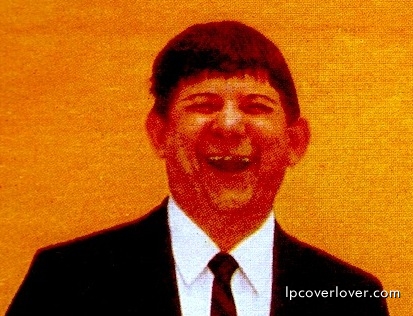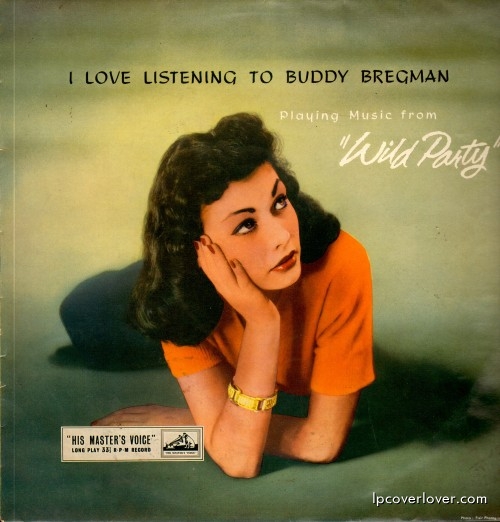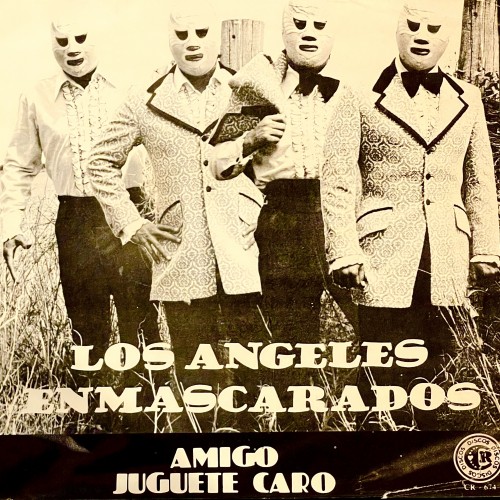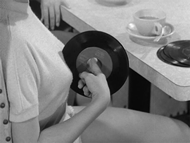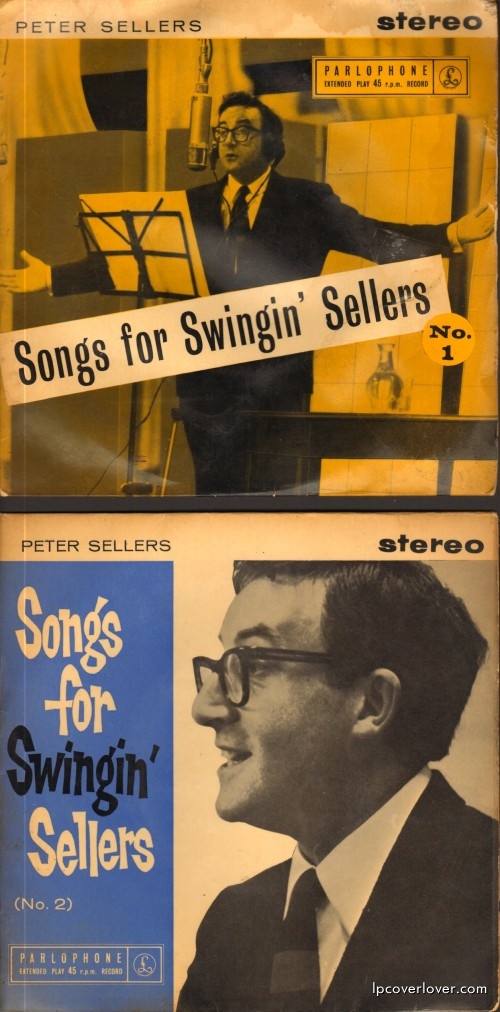
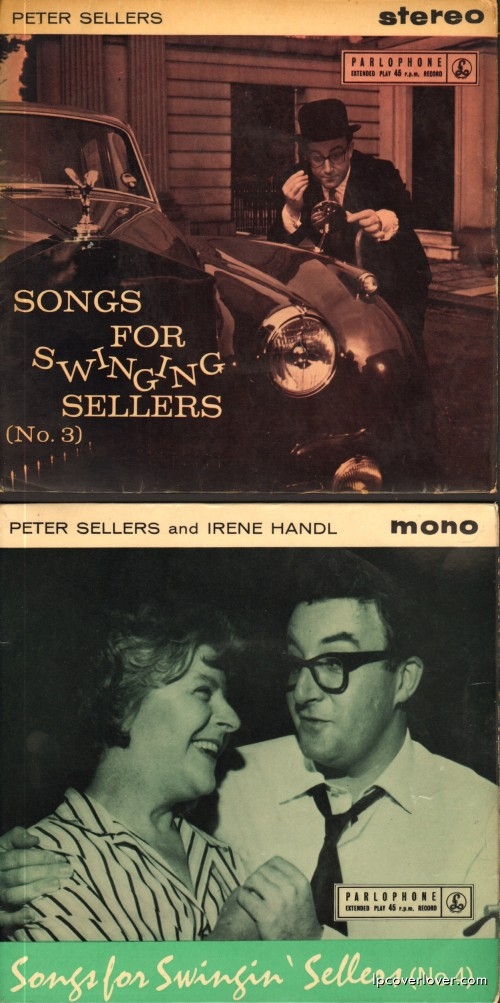
Peter Sellers “Songs for Swingin’ Sellers” Four EPs; Nos. 1 – 4 Parlophone Records (UK) 1959 Produced by George Martin Listen to Sellers sing George Gershwin here.
Songs For Swingin’ Sellers was Peter Sellers’ second album, released in 1959 a year after his debut The Best Of Sellers. Like its predecessor, and despite its title, Songs For Swingin’ Sellers does not actually contain many songs. It does though start with a very well delivered song, namely the velvety smooth You Keep Me Swingin’, credited on the album to a ‘Mr Fred Flange’. Flange was in fact Matt Monro, who with his career languishing in a fairly deep slump by the late 50s recorded the track for Sellers to imitate and practice singing to. So impressed was Sellers with the resultant effort though, the track stayed on the album as it was. The producer of the album, that jolly old knob twiddler man George Martin again, saw to it that Matt was signed immediately to his Parlophone label where he would go on to enjoy a much lauded career resurgence in the 60s.
Other songs do occasionally poke their tiny little heads up and muscle in on the action between the lengthier sketches. Sellers’ old music hall number My Old Dutch is given an outing, with Peter singing as a decrepit old codger in a style that is ridiculously overwrought and maudlin. The song’s denouement of an actual Dutch wife emerging from the kitchen to berate the singer is a wonderfully daft payoff that never fails to amuse me. I Haven’t Told Her, She Hasn’t Told Me (But We Know It Just The Same) sees Sellers revisit another old vaudeville favourite, this time with his trusty ukulele and without so much as a trace of a silly voice or daft punch line in evidence.
The sketches performed on the album are typical Sellers. Just as in many of his films, if there is limelight, then Peter Sellers needs to hog it. The only other artiste even so much as allowed to raise a whisper on the record is Irene Handl, famous for playing cuddly grandmas throughout much of her career and quite the most barmy comedienne of her generation. These two titans of British comedy are brought together most successfully for Shadows on the Grass, a warm and comforting comic sketch written by Handl, which sees her batty old widower seduced by by Sellers adopting a French accent straight out of the comedy foreigners Christmas selection pack. Irene Handl, here playing an elderly temptress from Dalston (aka ‘the Frinton of E8’), has the best of the repartee and delivers some wonderful malapropisms. Given Sellers’ many later neuroses and megalomania, it’s a refreshing example of generosity on his part.
Other than The Critics, where Handl also appears reviewing books that neither she nor Sellers have managed to read, every other voice (male or female) is Sellers. In The Contemporary Scene 1 for instance the female interviewee Miss Lisbon and the bluff irascible Major Ralph she is sent to interview are both played by Sellers. As is the dim-witted pop star (Cyril Rumbold aka Twit Conway) that the Major appears to keep locked up in his house. Just the names of the equine stable of pop stars are a wonderful exercise in silliness from writers Ron Goodwin and Max Schreiner. Who can fail to want to hear the hits of acts revelling in names such as Lenny Bronze, Clint Thigh and Matt Lust, or not to watch the performances of such unlikely groups as The Fleshpots or The Muckrakers?
Other than Schreiner and Goodwin, Dennis Muir and Frank Norden handle much of the remaining writing duties, with the exception of the penultimate track We’ll Let You Know, which is written by Sellers himself. Here, Sellers plays both the forgetful old duffer of an actor single-handedly destroying Shakespeare’s reputation, as well as the disdainful wearied casting director more intent on gossiping in a muted whisper to his chums than listening to the act. The fact that the actor goes by the name ‘Warrington Minge’ should alone make this album an absolutely essential purchase for any lover of innuendo and comedy. Quite what contemporary audiences made of that ludicrous moniker back in the 1950s is anyone’s guess.

Loading ...

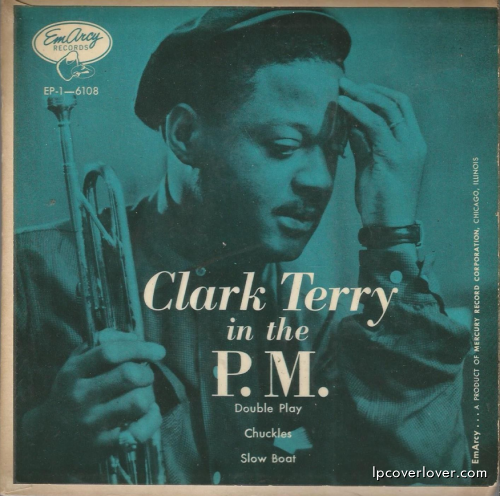


 (41 votes, average: 3.93 out of 5)
(41 votes, average: 3.93 out of 5)